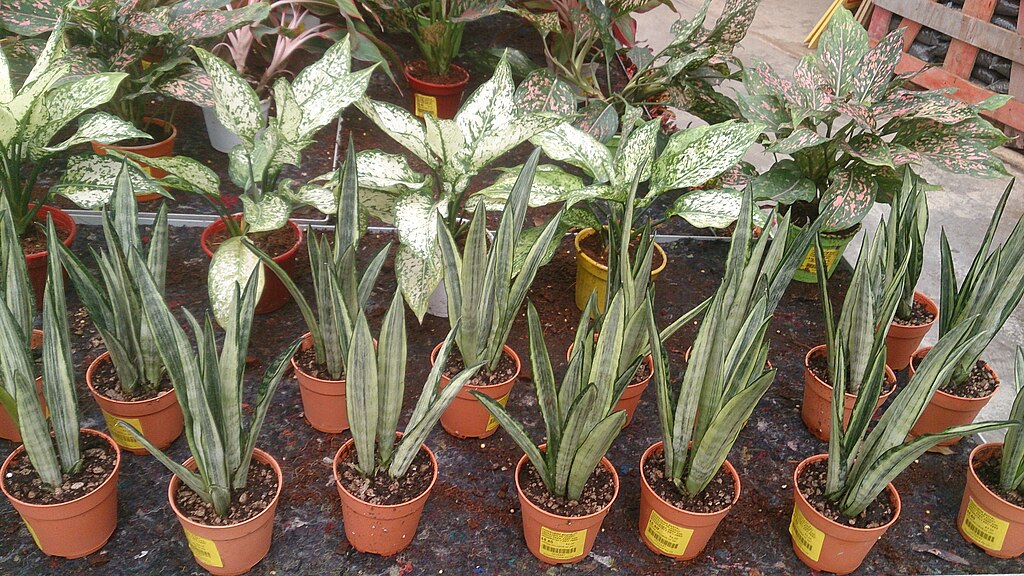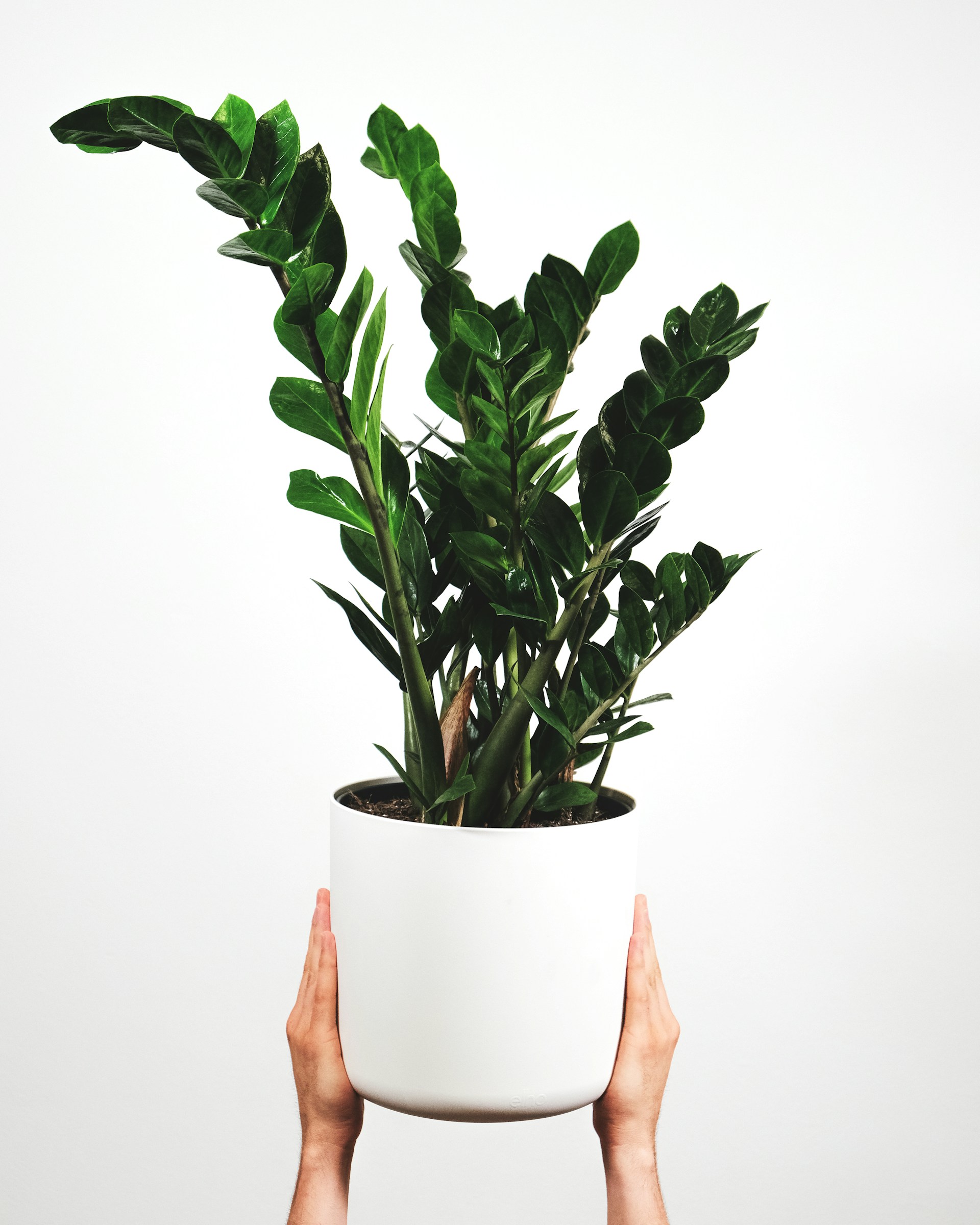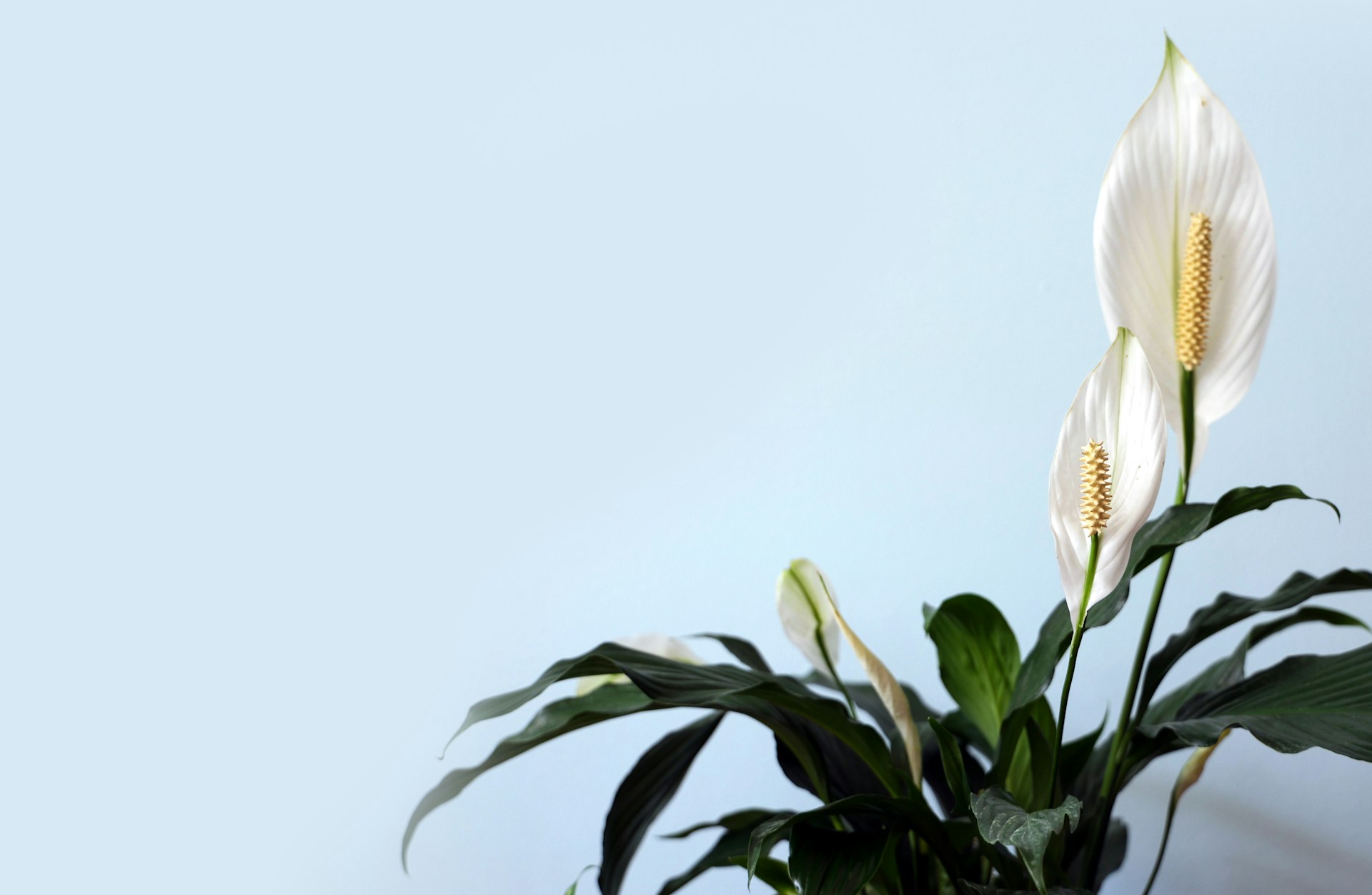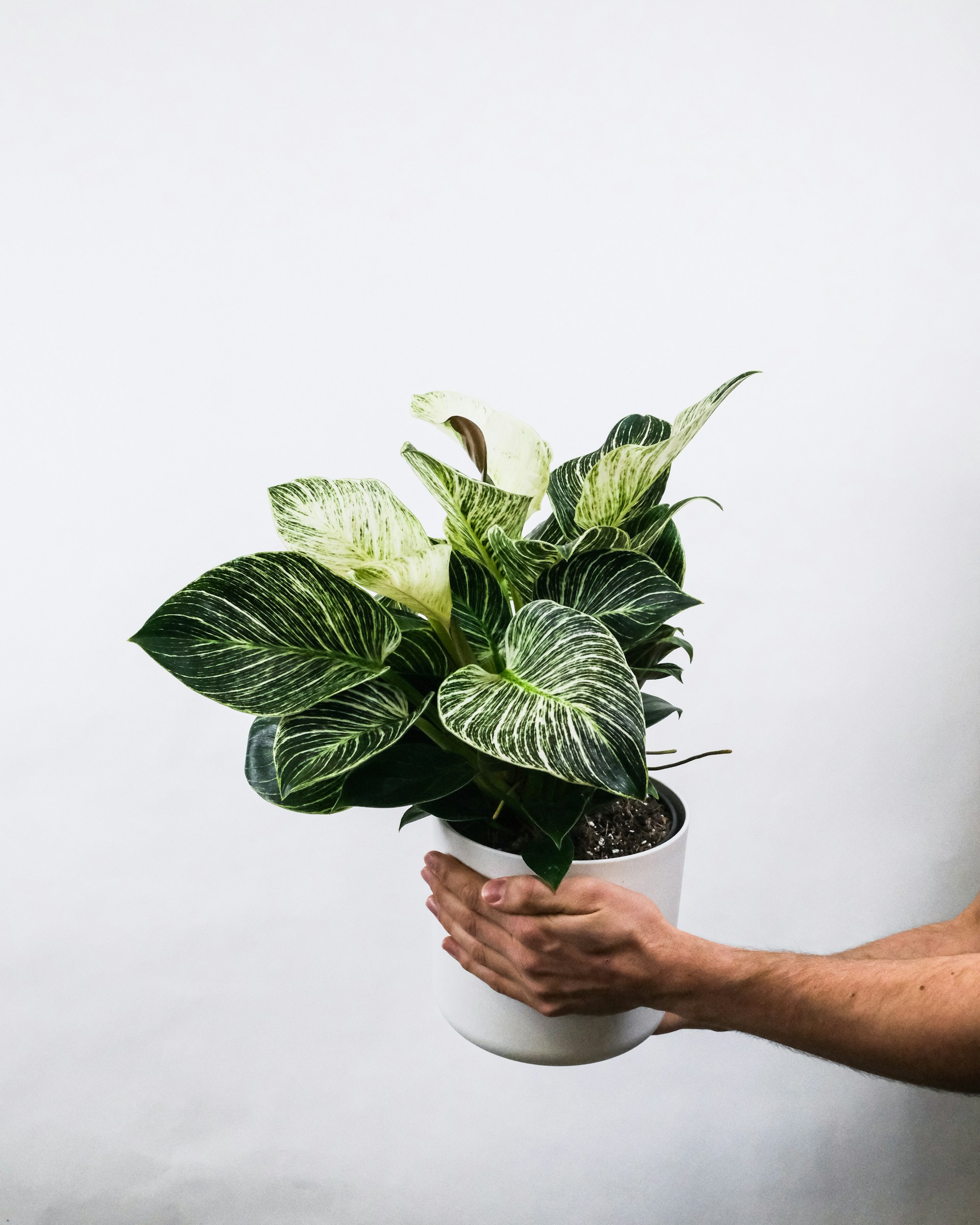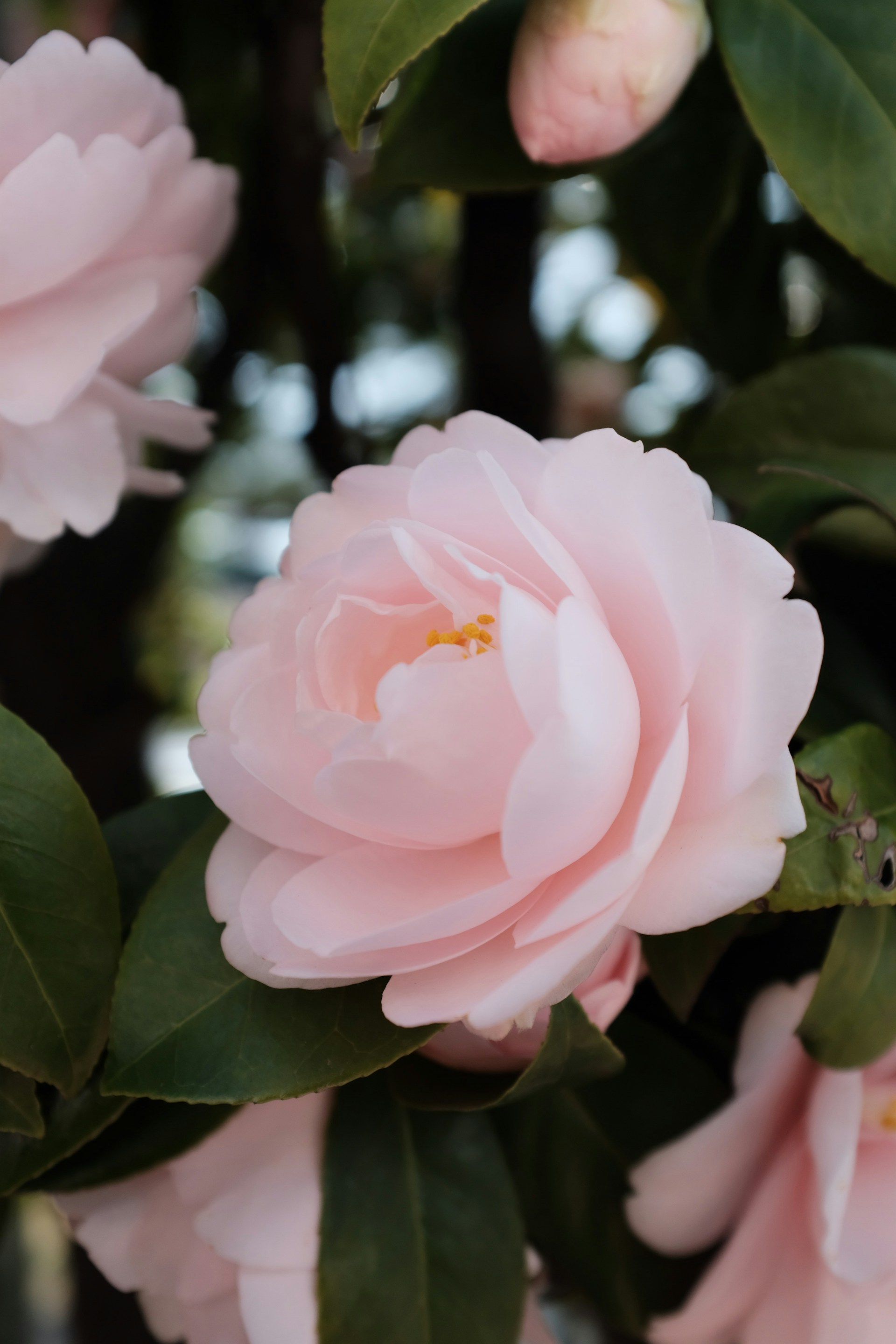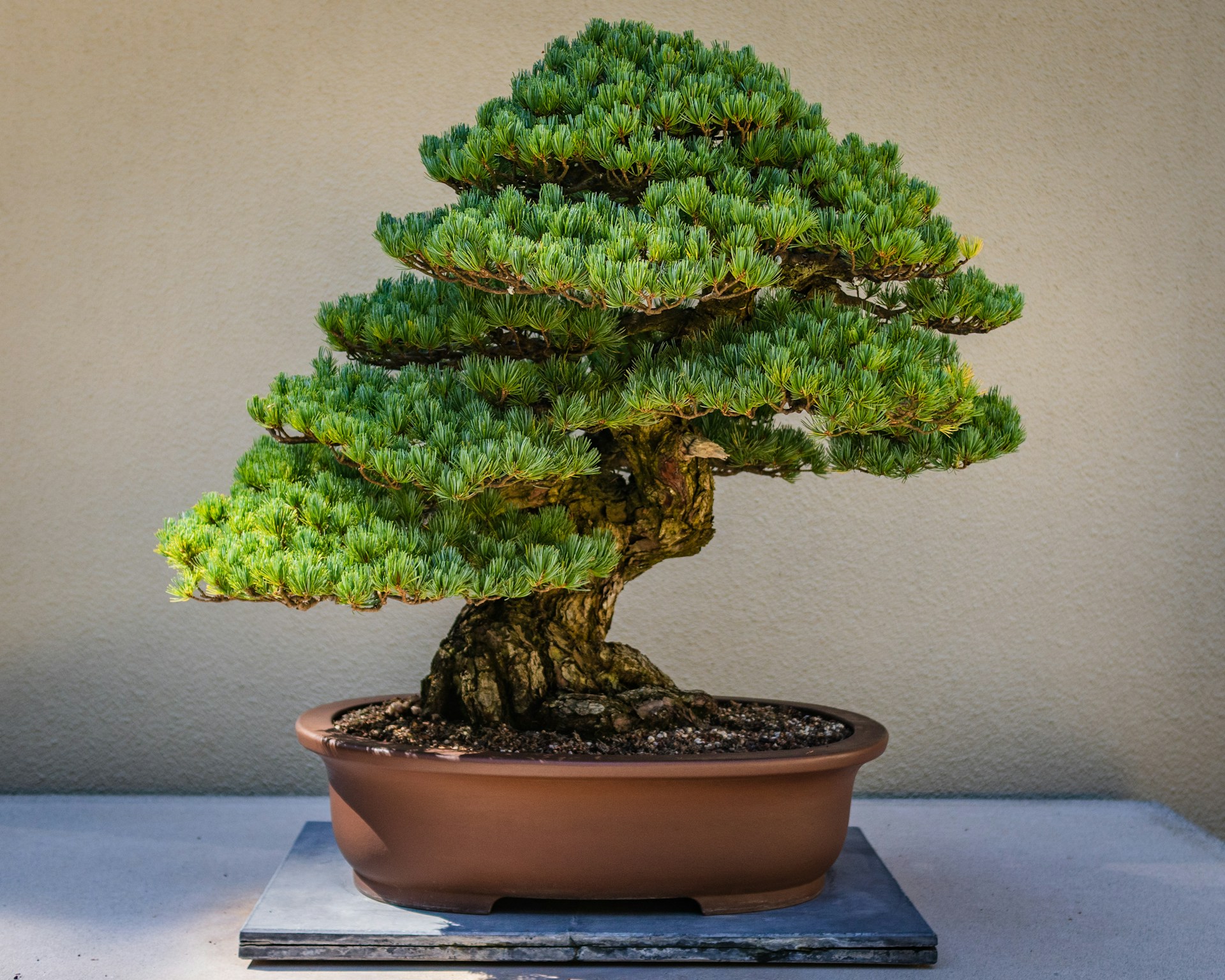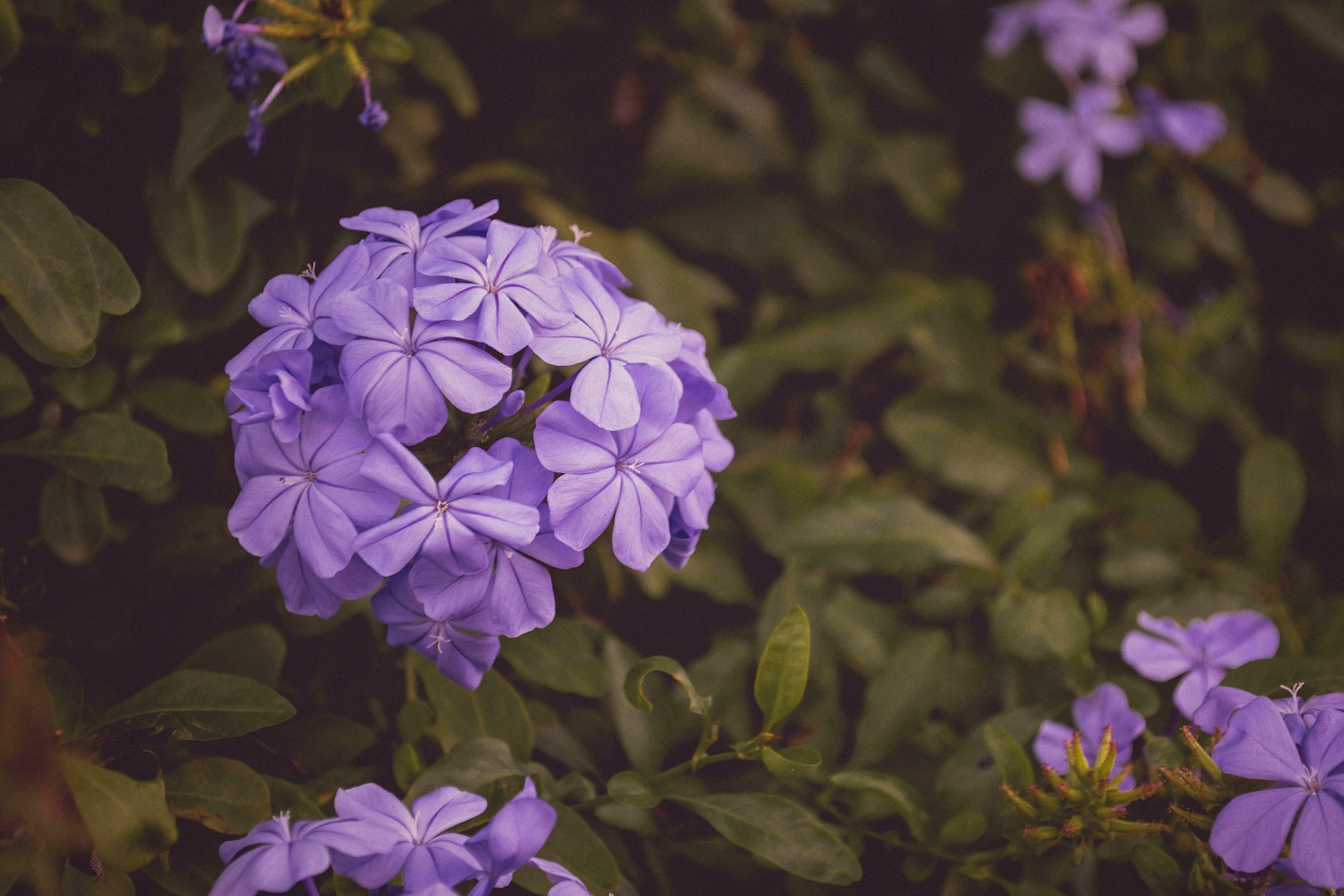The 10 Easiest Houseplants To Maintain That You Can't Mess Up & The 10 Hardest
Thinking of sprucing up your indoor space with some beautiful plants? While plants add so much vibrancy and life to a room, you have to be careful to know what you're getting into. While some plants are incredibly low maintenance, there are some that require a lot more work - maybe too much if you're just a beginner! Here are 10 easy plants to grow that you should consider if you're more of a hands-off kind of person, and 10 hard-to-maintain plants that require a more skillful hand.
1. Snake Plant (Sansevieria)
The snake plant, which also has another funny name, the mother-in-law's tongue, is the best low-maintenance plant because it's as if it thrives on neglect. It can survive on low light levels and irregular watering, meaning you don't have to worry too much about it. In fact, it prefers to dry out between waterings!
2. ZZ Plant (Zamioculcas zamiifolia)
The ZZ plant is another great option if you want to grow a carefree plant in your home. Its renowned for its ability to survive in low-light conditions, and has an incredible drought tolerance. Plus, it looks good too! Its waxy, green leaves can brighten up any space without needing much in return from you.
3. Pothos (Epipremnum aureum)
Often viewed as one of the easiest plants to maintain, Pothos is a hardy vine that can thrive in a variety of lighting conditions, including artificial office lights! Its very forgiving, even if you occasionally forget to water it, making it the ideal plant for any beginners.
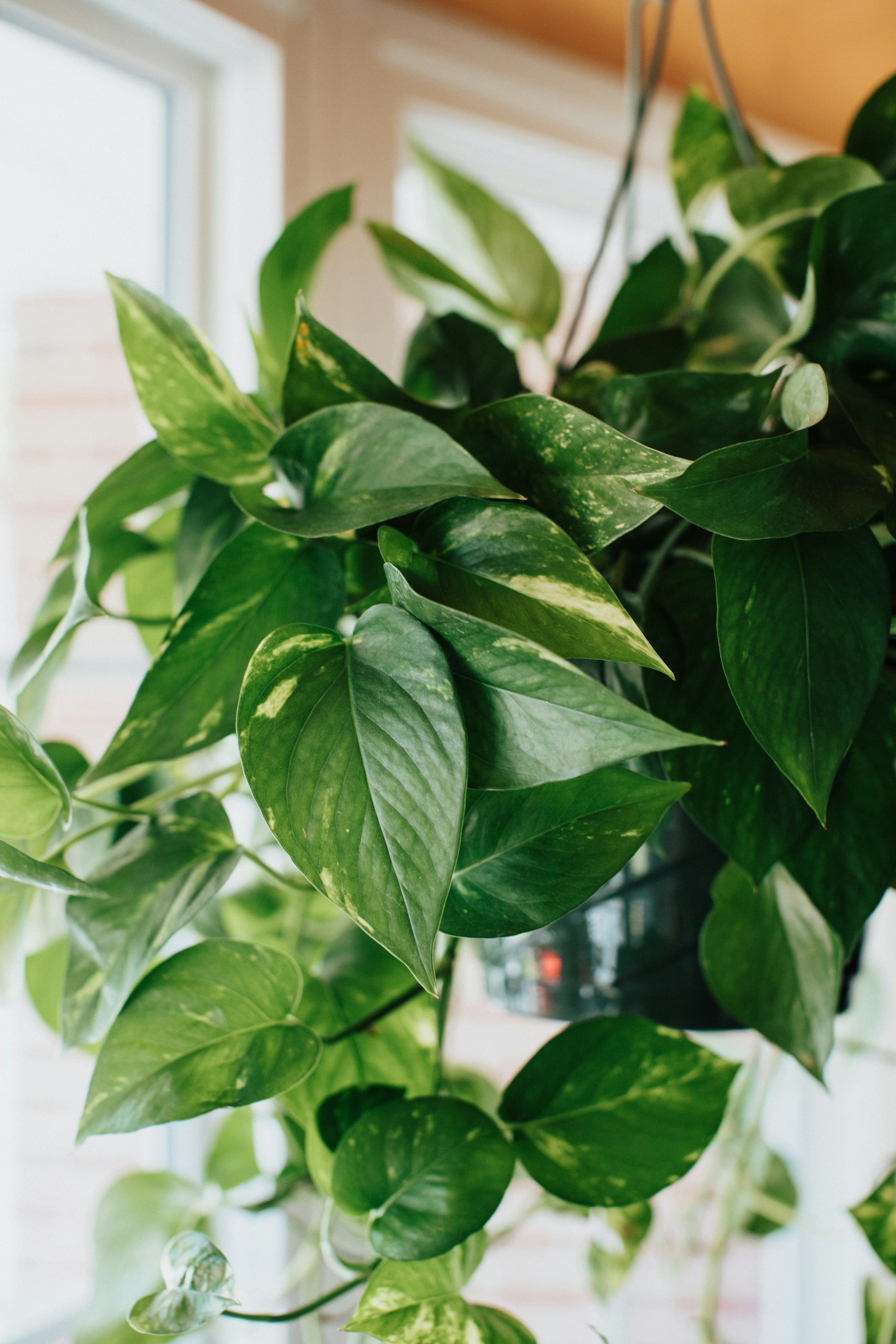 Photo by Taylor Heery on Unsplash
Photo by Taylor Heery on Unsplash
4. Spider Plant (Chlorophytum comosum)
One of the more common houseplants, Spider plants (not the most attractive name) are highly adaptable and can grow in a wide range of environments. They prefer bright, indirect light, but they can also make do with lower light levels. They're great for indoor spaces!
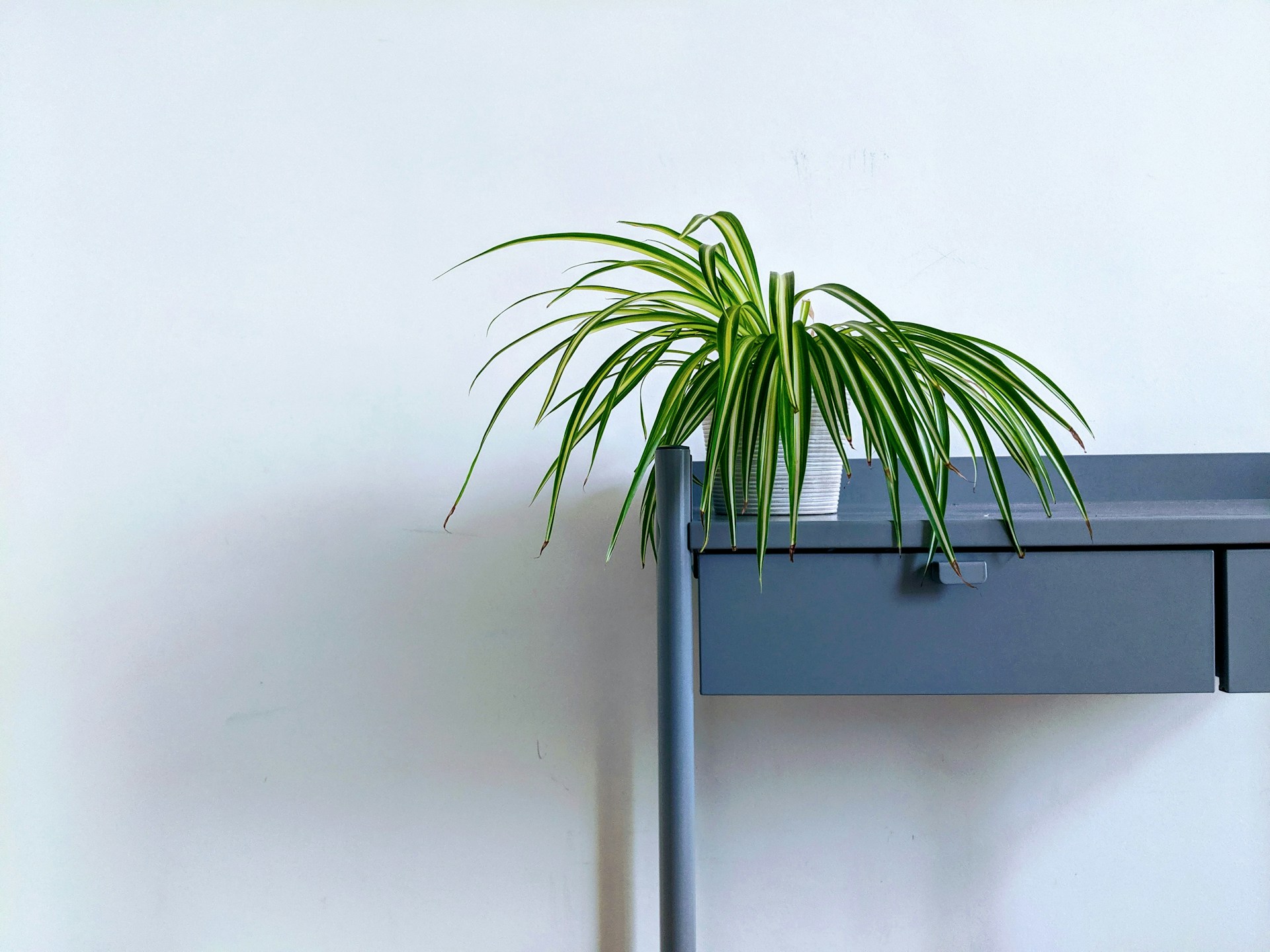 Photo by Lucian Alexe on Unsplash
Photo by Lucian Alexe on Unsplash
5. Peace Lily (Spathiphyllum)
Peace lilies are not only beautiful with their glossy leaves and white blooms, but you'll be happy to hear they're also incredibly easy to care for. They thrive in low light, and when they need a bit of attention, they'll signal it to you by drooping.
6. Rubber Plant (Ficus elastica)
The rubber plant is a beautiful and robust houseplant that requires very minimal care on your part. It even prefers indirect light, making things so easy for you. Just remember to occasionally water it and you've got yourself a great low-maintanence option to spruce up your living space.
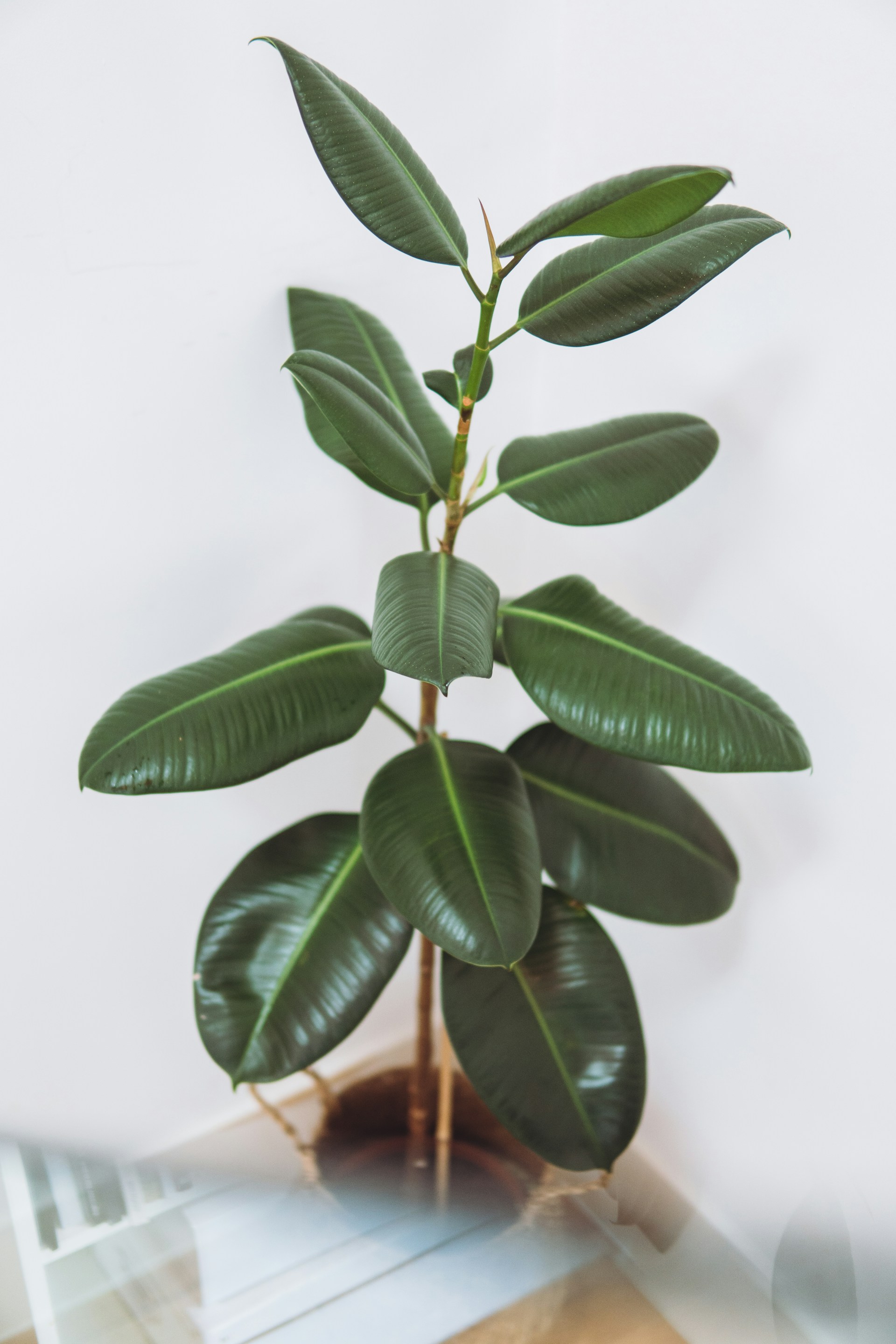 Photo by Elle Lumière on Unsplash
Photo by Elle Lumière on Unsplash
7. Aloe Vera
Although you've probably only heard about how aloe vera tastes great in a drink or is used for skin care, did you know this plant is also extremely easy to maintain? They need very minimal watering since they retain water in their leaves, so all you really need to worry about is giving it the bright, indirect sunlight it needs.
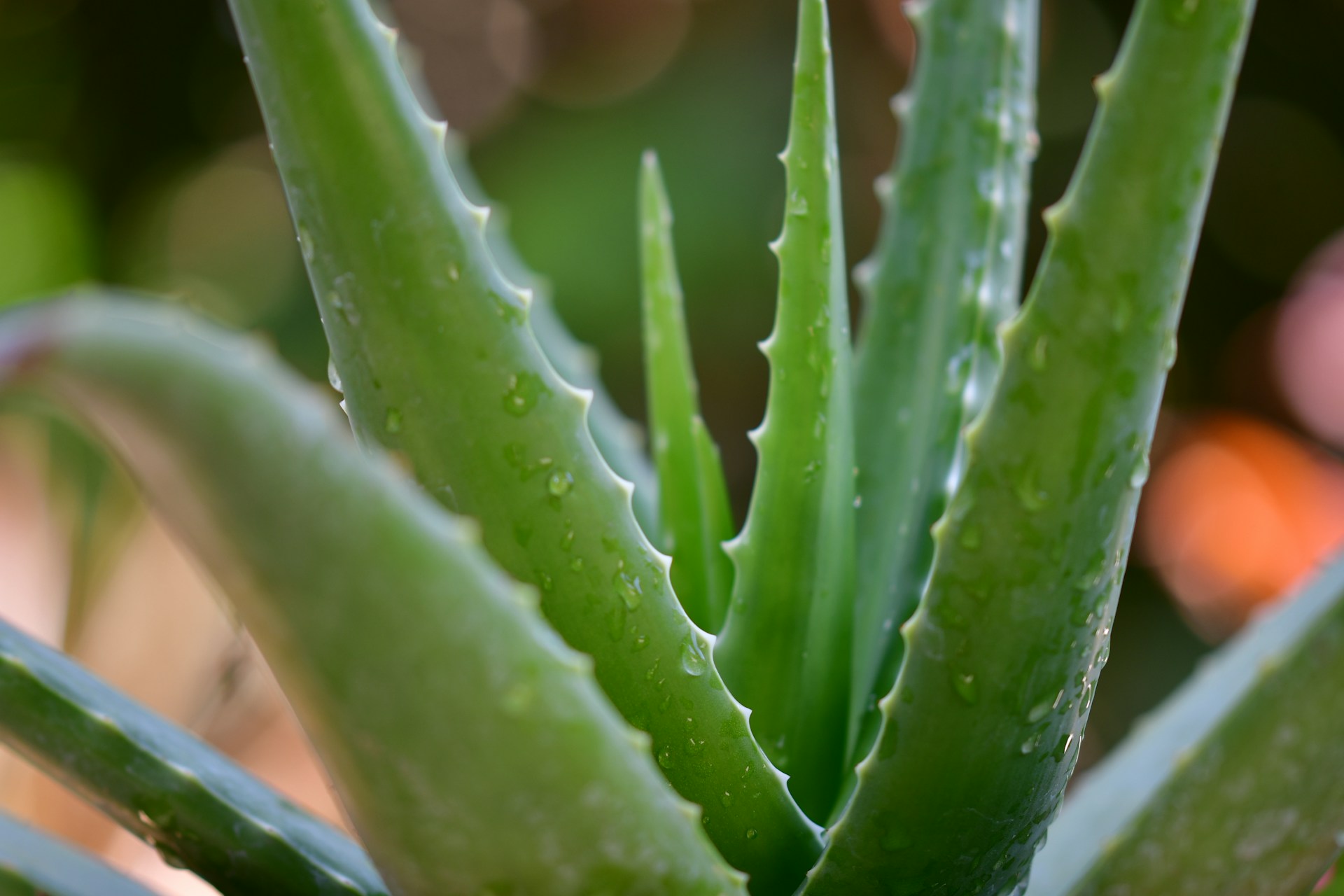 Photo by pisauikan on Unsplash
Photo by pisauikan on Unsplash
8. Jade Plant (Crassula ovata)
Jade plants are succulents that require very little water, making them perfect for those who are just beginners or are simply forgetful. They enjoy bright light, and if given, they can live for decades with proper care.
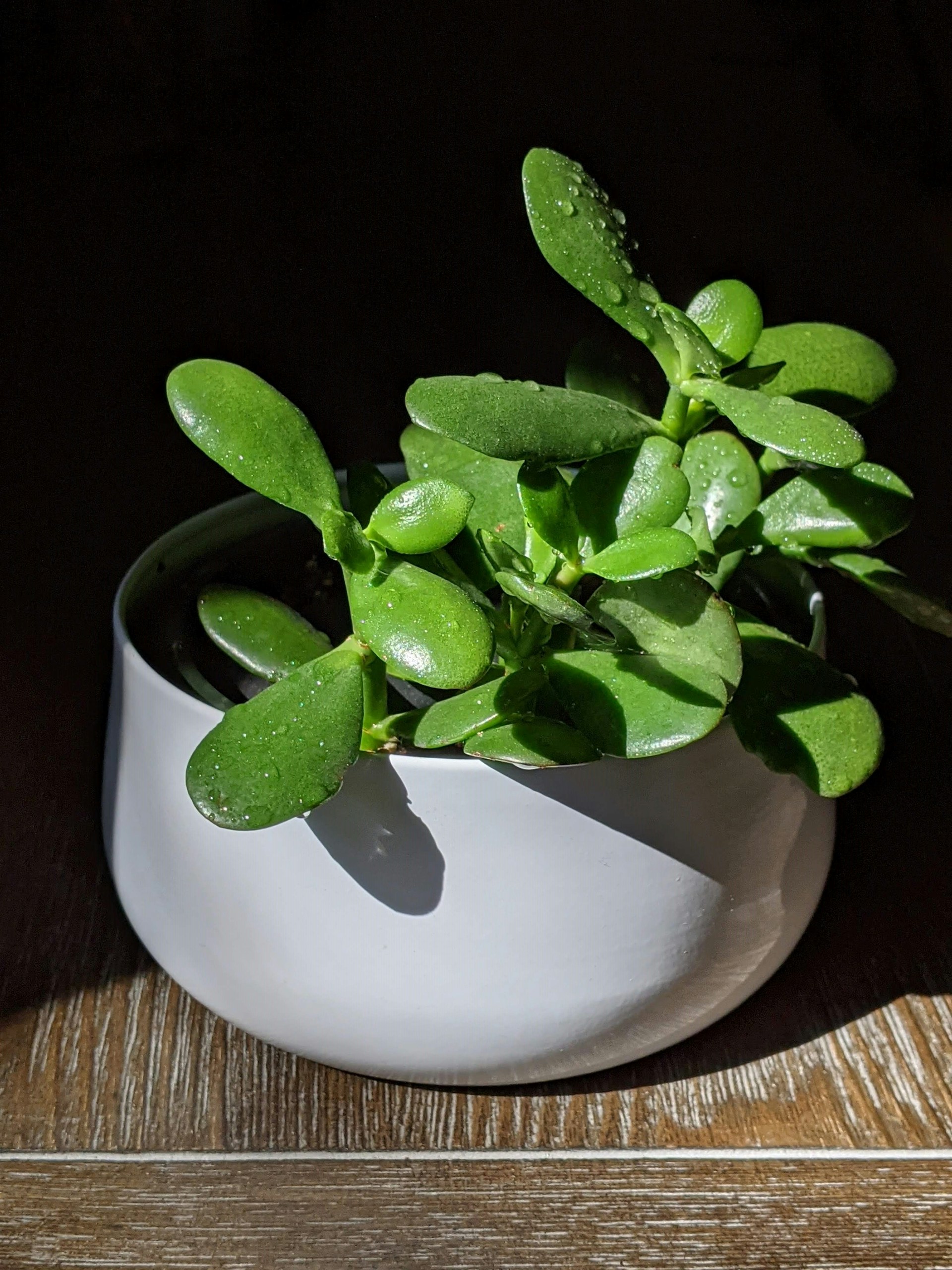 Photo by Susan Wilkinson on Unsplash
Photo by Susan Wilkinson on Unsplash
9. Cast Iron Plant (Aspidistra elatior)
True to its name, the cast iron plant is nearly indestructible. It can thrive in low light and isn't fussy about watering, making it an excellent choice for a low-maintenance indoor plant.
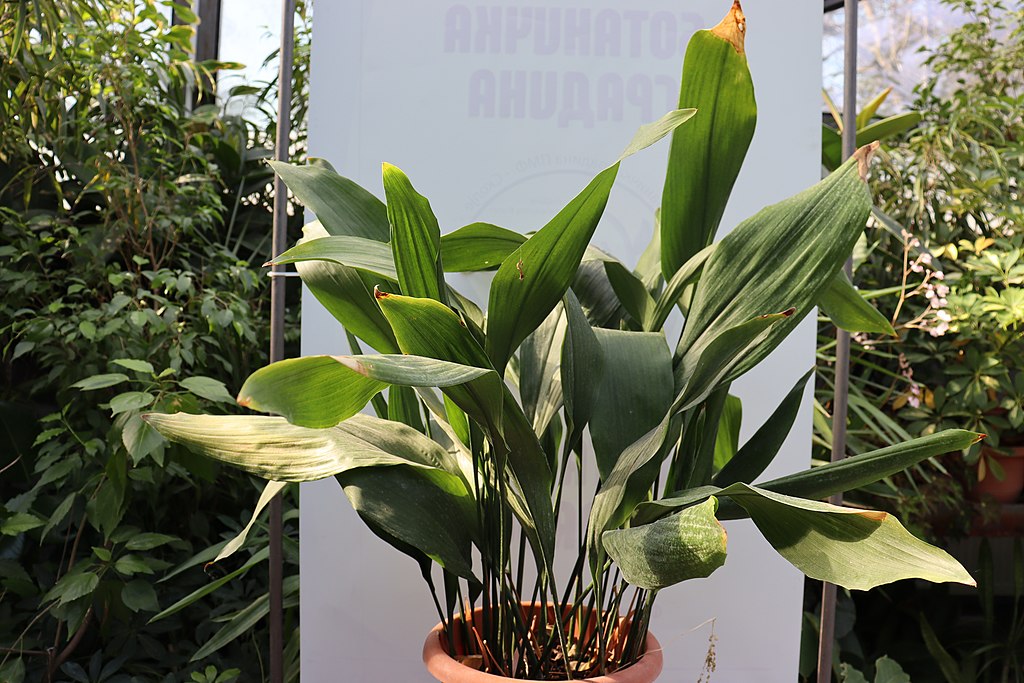 Dandarmkd on Wikimedia Commons
Dandarmkd on Wikimedia Commons
10. Philodendron
Philodendrons (now that's a mouthful) are easy-to-care-for plants that come in both climbing and non-climbing varieties. They adapt well to indoor conditions, requiring only moderate light and watering when the soil begins to dry out.
1. Maidenhair Fern (Adiantum)
Maidenhair ferns are stunning to look at with their delicate beauty, but they're notorious for being difficult to keep alive. They require constant humidity, precise watering while being careful not to water too much, and must be kept away from direct sunlight and drafts. That's a whole lot to think about!
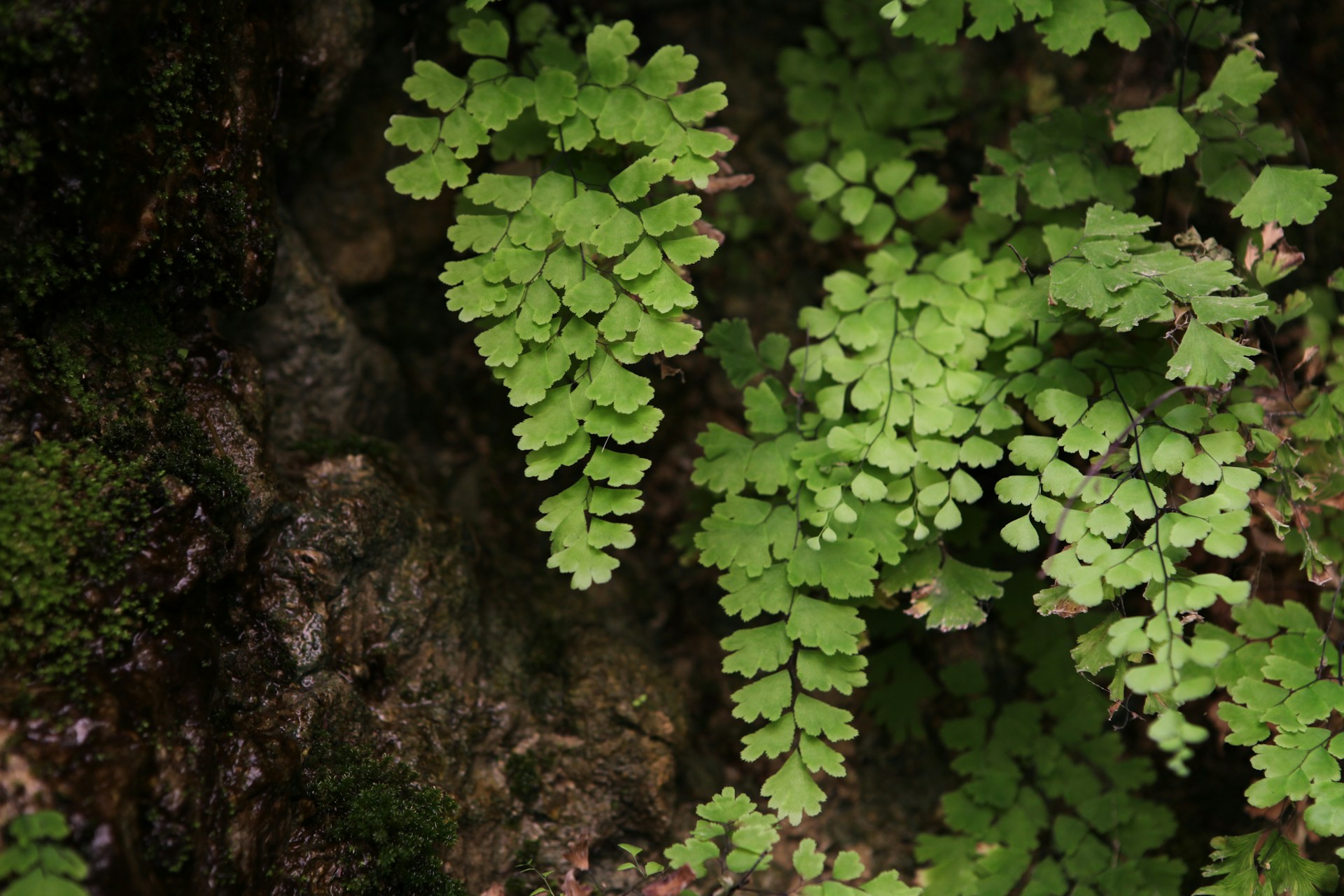 Photo by Eran Menashri on Unsplash
Photo by Eran Menashri on Unsplash
2. Gardenia (Gardenia jasminoides)
Gardenias are stunning flowers, but they're known to be a bit of a challenge for home gardeners. Why? They demand a lot of maintenance! They require bright, indirect light, high humidity, and specific soil pH levels to thrive.
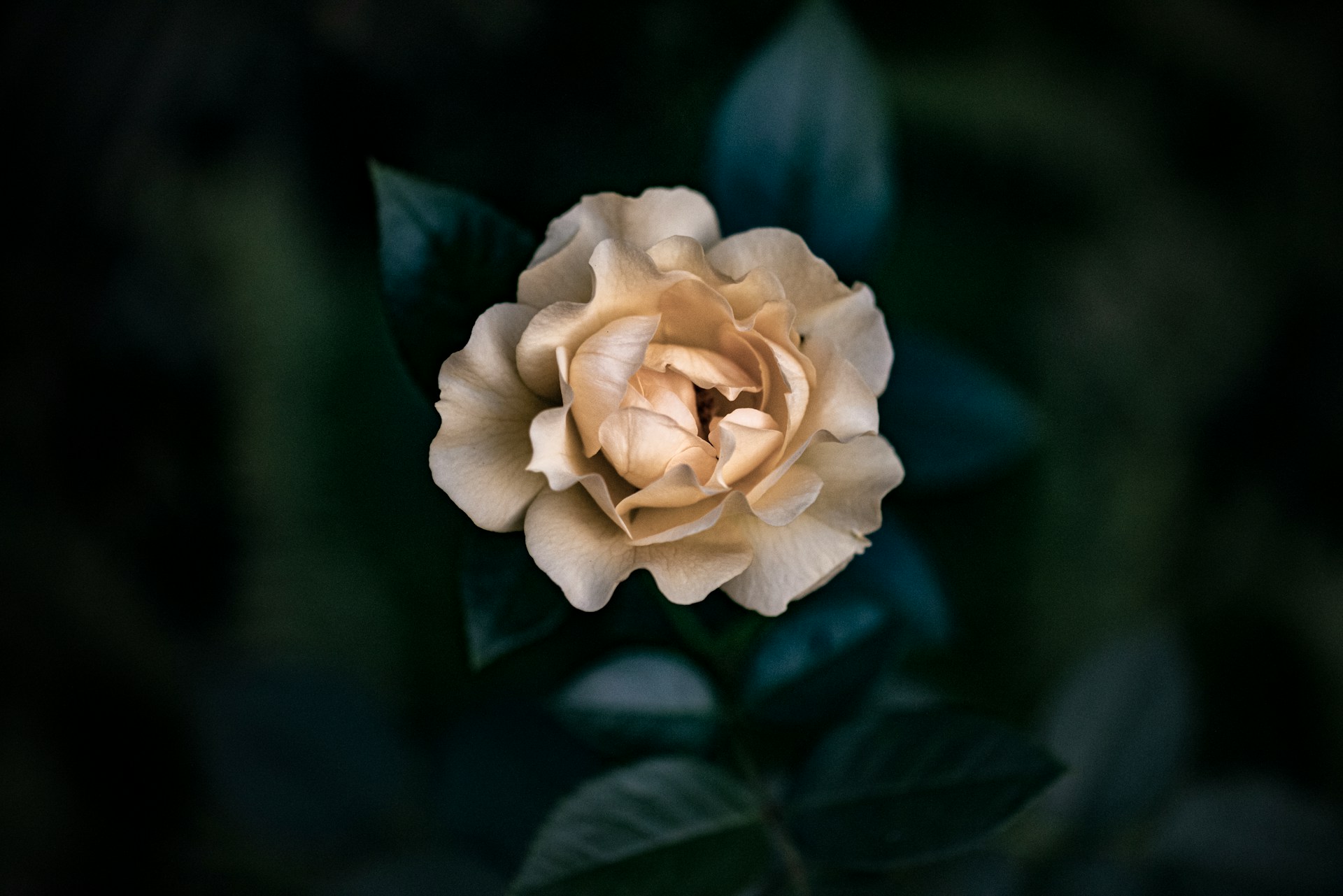 Photo by Joe Pilié on Unsplash
Photo by Joe Pilié on Unsplash
3. Orchids (Orchidaceae)
Orchids are the most stunning plants with the most beautiful flowers. They're so lovely to look at, but it comes at a price - they can be challenging to grow! They require specific humidity levels, precise watering schedules, and special orchid potting mixes to flourish.
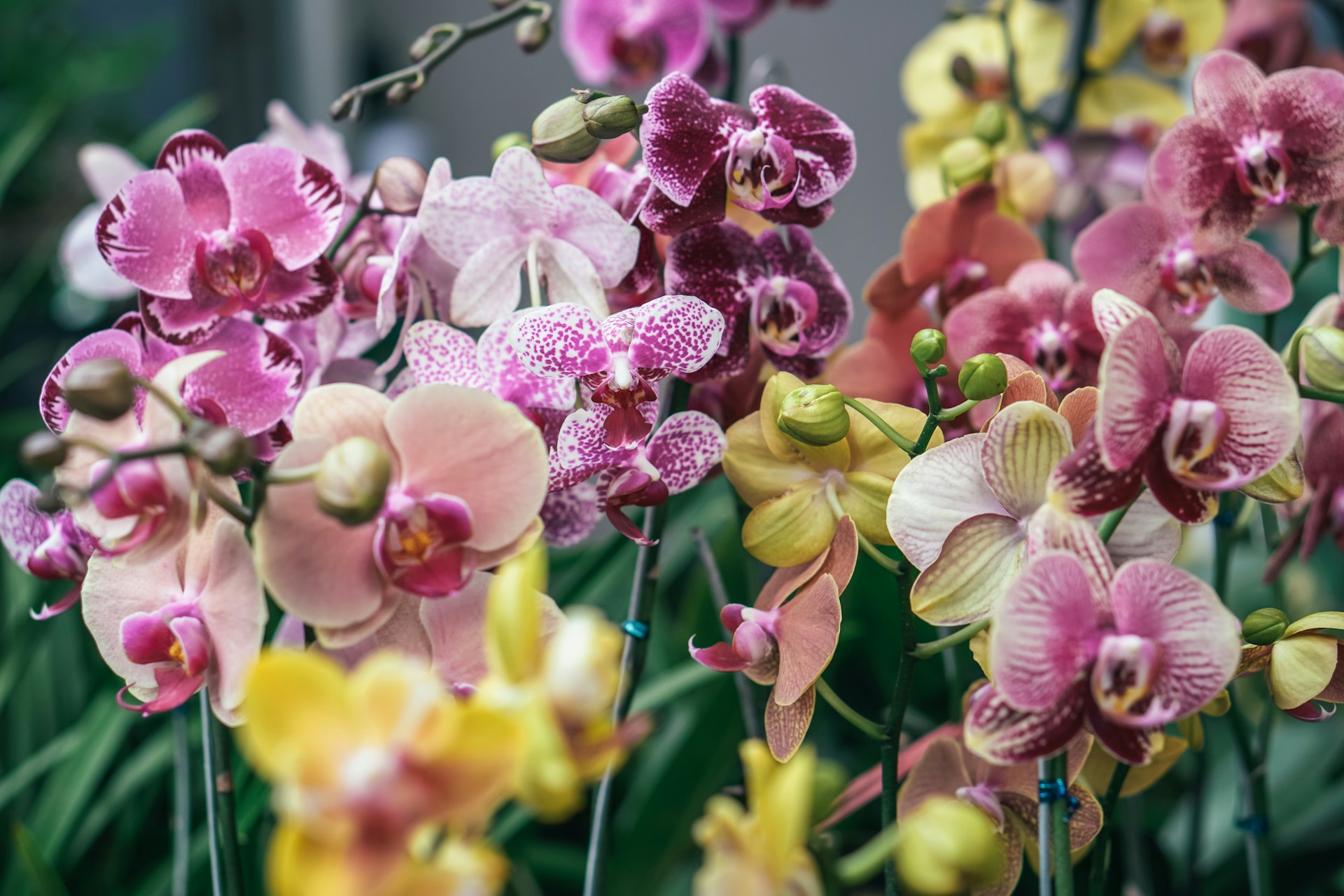 Photo by Ardi Evans on Unsplash
Photo by Ardi Evans on Unsplash
4. Venus Fly Trap (Dionaea muscipula)
Venus Fly Traps are arguably one of the most fascinating plants to observe. It's fun watching them eat insects, but be mindful that they're not the easiest of plants to grow. They require pure water (rainwater or distilled), moist but not soggy soil, and bright, direct sunlight.
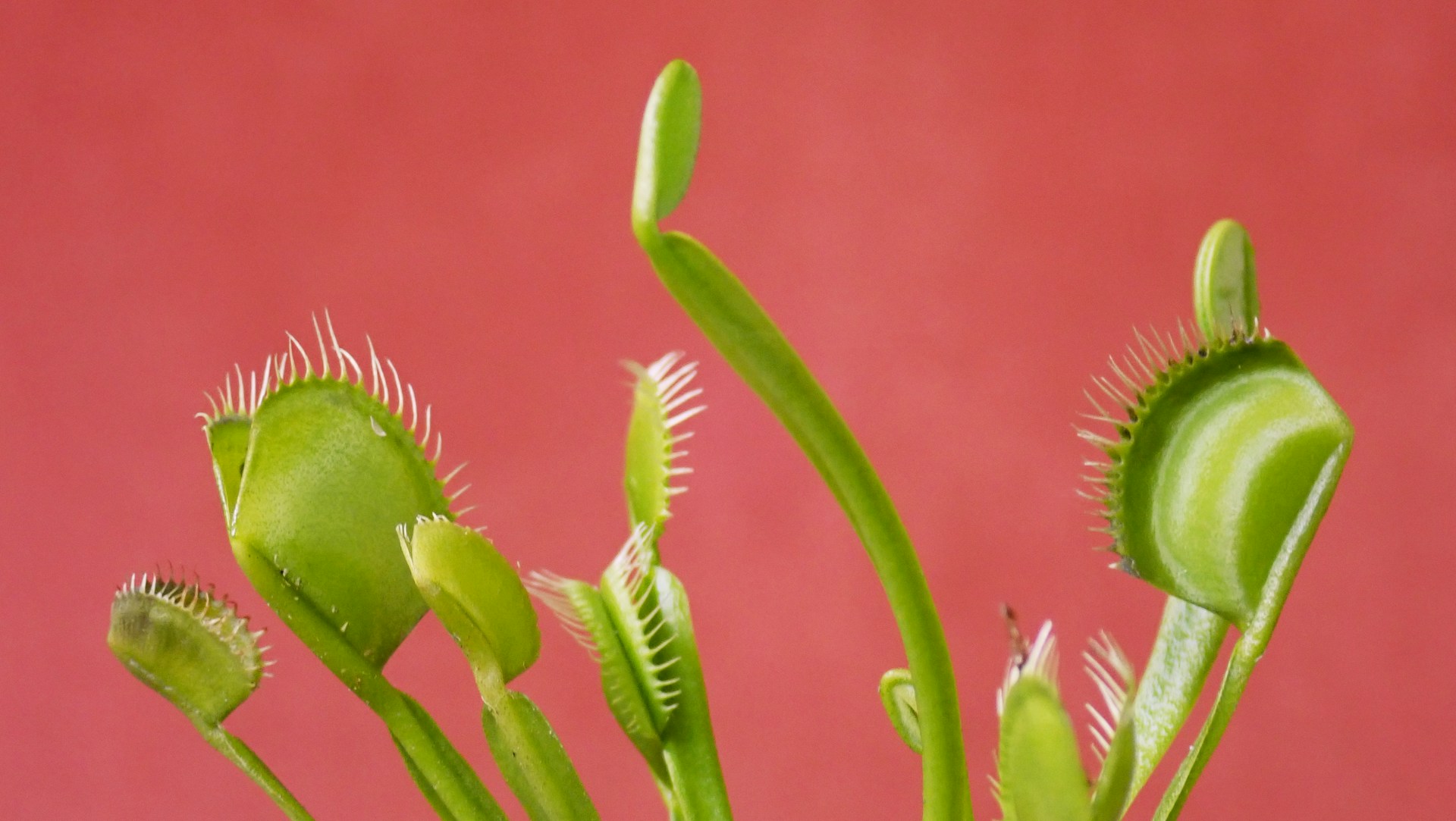 Photo by Carla Quario on Unsplash
Photo by Carla Quario on Unsplash
5. Calathea (Calathea spp.)
Calatheas have the prettiest, striking leaf patterns, but don't be fooled, maintaining these patterns requires effort! These plants need very specific care: high humidity, precise watering to avoid leaf tip browning, and must be kept in a warm and bright spot that's not under direct sunlight.
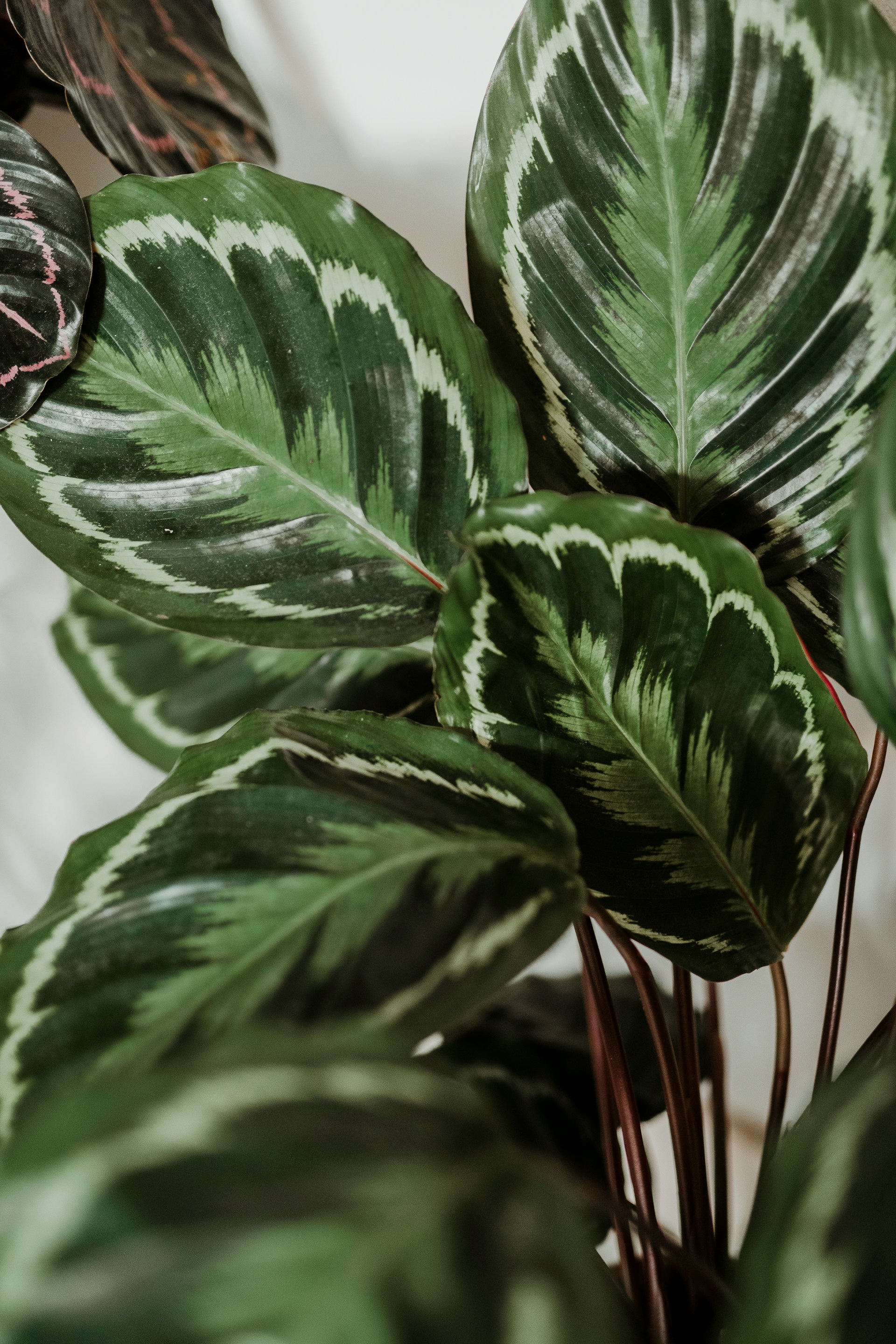 Photo by Magali Merzougui on Unsplash
Photo by Magali Merzougui on Unsplash
6. Fiddle Leaf Fig (Ficus lyrata)
Home gardeners love Fiddle Leaf Figs for their large, glossy leaves that always stand out in a room, but unfortunately, they're notoriously finicky. Not only are they more susceptible to pests and diseases, they require consistent bright light and precise watering routines.
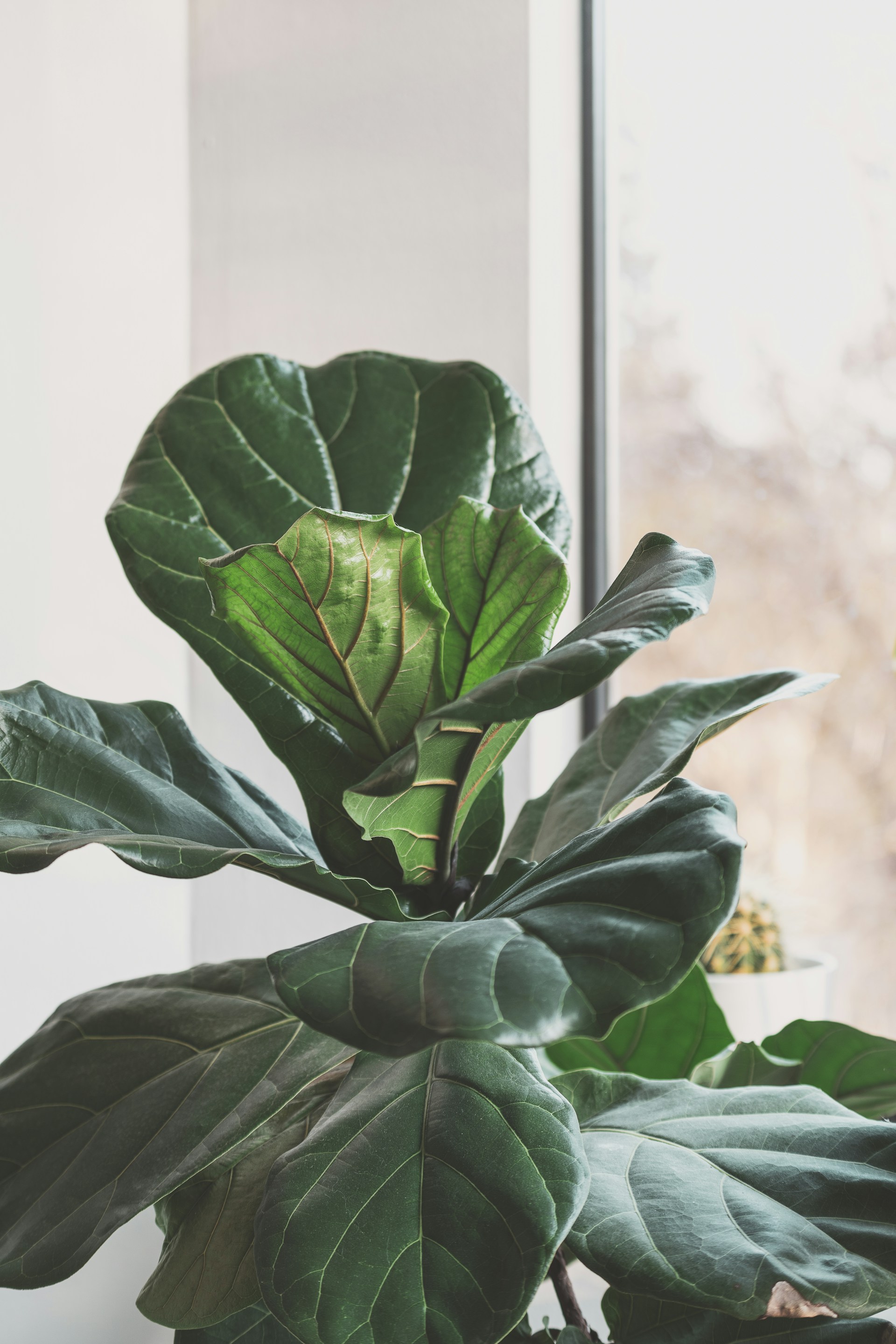 Photo by Scott Webb on Unsplash
Photo by Scott Webb on Unsplash
7. Boston Fern (Nephrolepis exaltata)
Although Boston Ferns aren't as difficult as the rest of the plants on this list, their label as an "easy to care for" plant can be very deceptive. These plants still require a lot of attention to survive; their soil must be consistently cared for and moist, and they must be put in a relatively humid area. If you ignore these care tips, their fronds will start turning brown and die.
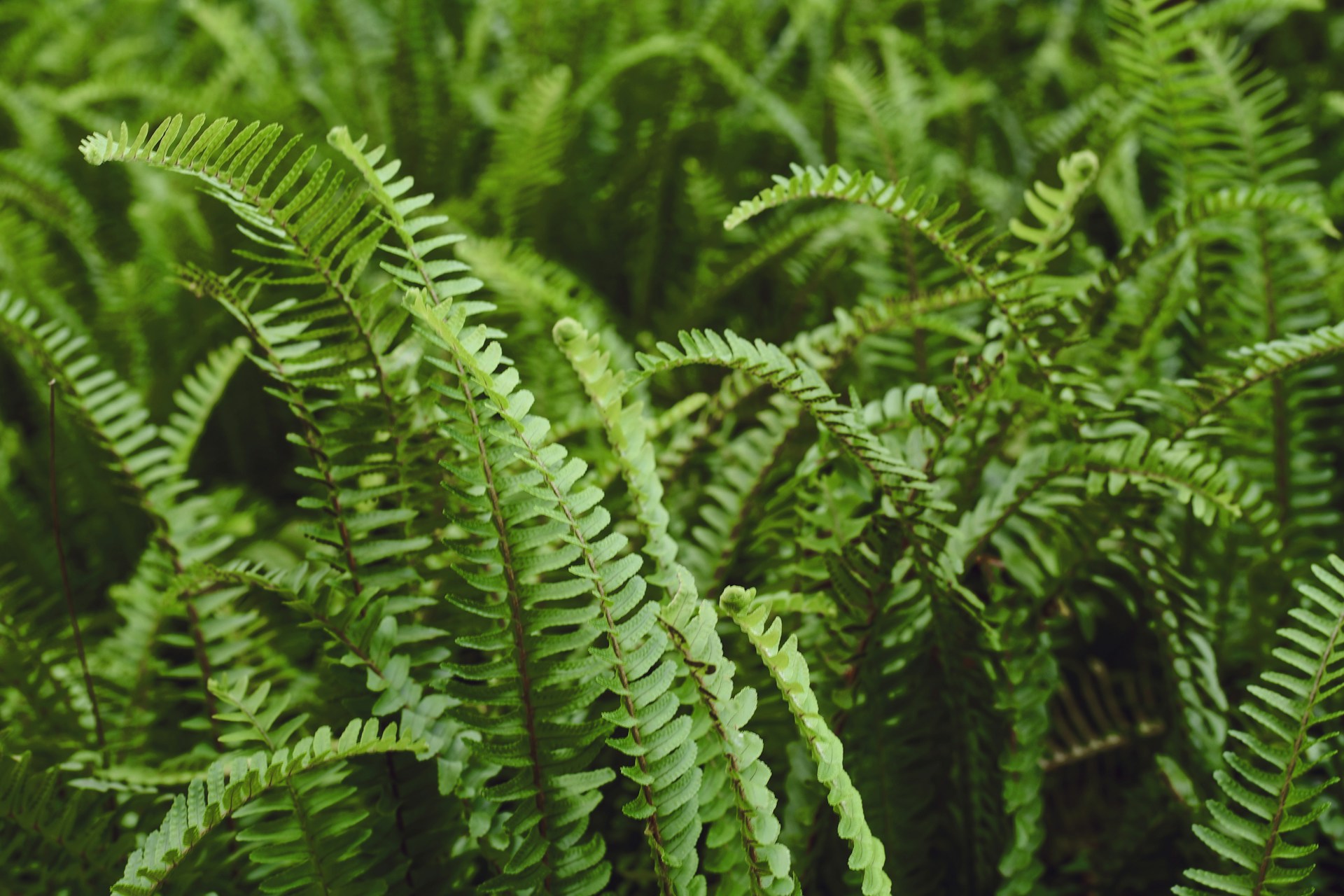 Photo by Li Xiaohan on Unsplash
Photo by Li Xiaohan on Unsplash
8. Camellia (Camellia spp.)
Camellias are pretty, delicate flowers appreciated for their lush blooms and glossy-looking leaves. While they're nice to look at, they aren't so nice to take care of. Especially when growing indoors, Camellias require well-drained acidic soil, consistent moisture without waterlogging, and cool temperatures. Plus, they need bright, indirect light to produce flowers.
9. Bonsai Trees
Bonsai trees are stunning miniature trees that add a lot of elegance to any room. The most important thing about caring for these plants are that they require meticulous care and shaping. They need specific soil types, regular pruning, and very controlled watering schedules so that they maintain their size and shape.
10. African Violet (Saintpaulia)
African violets are small, gentle plants that bloom the most beautiful flowers. What makes them so hard to care for is not necessarily the amount of steps, but rather, the precision it requires. These flowers need a specific watering technique that avoids getting water on their leaves, which can cause spots. They also need consistent high humidity and bright, indirect light so they can thrive.


